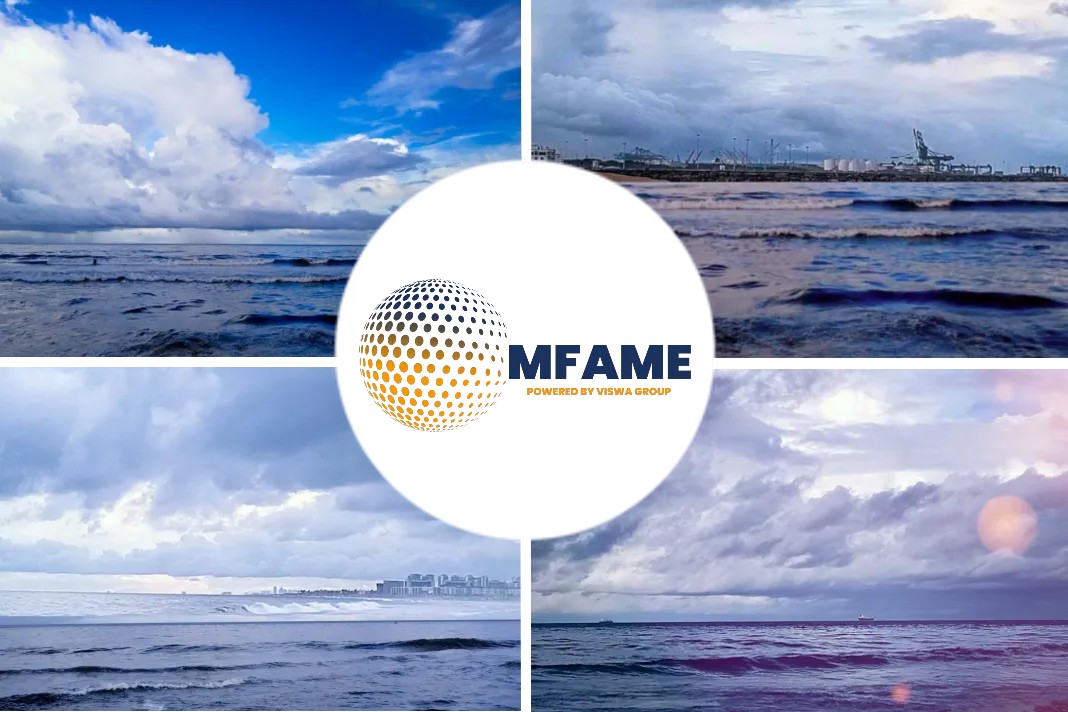
Japan Suiso energy boss says the hydrogen project incorporating carbon capture and storage ‘truly a watershed moment’ in decarbonising. Japan is putting $2.35bn into a project to turn coal from Victoria’s Latrobe Valley into “clean hydrogen” using carbon capture and storage technology.
Commercial Demo Phase
The investment marks the start of the “commercial demonstration phase” of the Hydrogen Energy Supply Chain (HESC) project which last year delivered a world-first cargo of liquefied hydrogen to Japan on a purpose-built ship. Funds from the Japanese government’s Green Innovation Fund will go to the project through one of its partners, Japan Suiso Energy, that will own and operate a liquefaction and shipping facility at the Port of Hastings.
Eiichi Harada, the chief executive of Japan Suiso Energy, said: “After a decade of working together with the Japanese, Australian and Victorian governments, our efforts to establish a world-first clean hydrogen energy supply chain have been rewarded. This is truly a watershed moment for our combined efforts to decarbonise global energy production.” Critics have previously described the project as “just a new fossil fuel industry” that would see Australia generating greenhouse gas emissions onshore while exporting a cleaner fuel. Neither of the two carbon storage sites identified by the project are close to being operational, yet are key to the project’s goals of producing cleaner hydrogen.
As Clean As Possible
“We’re doing everything possible to make this as clean as possible. We’re trying to minimize CO2 in all elements of the project. Right now there’s 90 million tonnes of hydrogen being made every year with no abatement at all. That’s about 11.5kg of CO2 for every kilo of hydrogen.” Captured CO2 would be sent by pipeline, Stone said, with two potential offshore storage facilities in the Bass Strait – Exxon’s Bream field project using depleted oil reservoirs or the Victorian and federal government-backed CarbonNet project. Neither project has been given the go-ahead.
Harada said: “This is a complex project and there is still some way to go in terms of approvals, design, construction and commissioning but this is a major boost for the Victorian economy on its journey towards a clean energy future.” Dr Fiona Beck, an ANU expert on hydrogen’s role in the low carbon energy transition, said investment in infrastructure to liquefy, store, load and transport hydrogen was “really welcome”.
Did you subscribe to our Newsletter?
It’s Free! Click here to Subscribe!
Source: Theguardian














